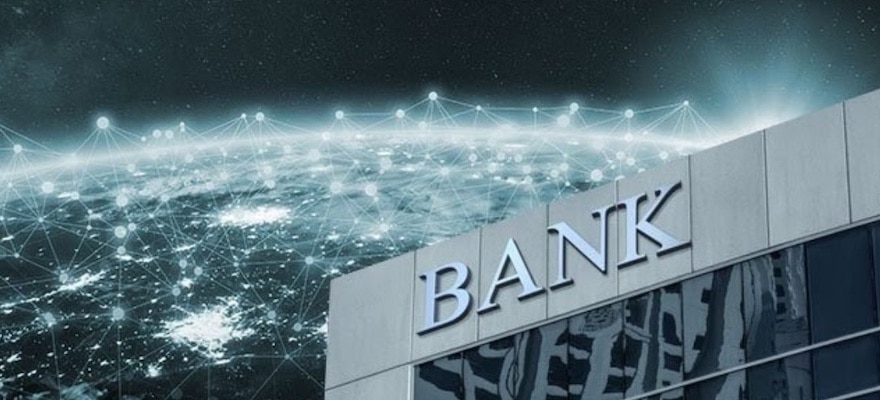Banks have had more controversies than you have had hot dinners. Take Danske Bank, with the third CEO being fired in a few short years. This follows his investigation of failing to live up to Anti Money Laundering (AML) laws when working with his previous bank, ABN Amro.
In 2014 EFG bank, which is a well-known private bank, underwent an investigation and was fined shortly thereafter for not maintaining satisfactory AML controls.
The FCA found that of 36 customer files checked during that time, 17 were highly problematic. And 13 of those were linked directly to criminal activities, resulting in the clients facing criminal charges.
Then in 2017, the PM of Iceland was urged to resign his position after it was found he was complicit in a tax scandal related to the use of offshore shell companies and tax shelters.
Regardless of that, banks give their regular users unfair and unrealistic control over how they spend their own money, and in some cases they won’t even let you withdraw it.
Is it time for a change?
While this was all happening, a remarkable vision of the future began taking shape, by way of the Blockchain . Now in 2021, the blockchain houses many decentralized financial (DeFI) apps and projects, which are frankly so good that they negate the use for banks at all.
The advantages of the blockchain are plentiful, not least the security elements which promise no middle man or intermediary taking a bite out of your funds, and no central server which manages your account, no room for the IRS or government agencies to tax your rightly deserved winnings and profits, and a veil of privacy keeping your details for your eyes only.
Of these advantages arguably the greatest, is that all conciliation, verification and authentication takes place directly on the blockchain. This removes the need for human interaction and the resulting errors that come with human activities.
The value of banking on the blockchain
As time goes by, more people will see the value in keeping their holdings on the blockchain. Not least because the passive earnings you can get there for staking or lending your holdings is unparalleled.
In the age of near zero interest in the traditional financial setting, returns of 6-10% on the blockchain come as a real win for users.
Crypto exchanges and DeFi apps are offering more real world utility that could completely wipe out the need for brick and mortar financial institutions.
Where to park your funds?
One company, Coin.space is making a splash in the cryptosphere with their project which is as close to a banking space as you can find.
This is a modern blockchain version of a bank that offers unparalleled security by way of a 4-layer security approach for wallet holders, a safe storage for keys and a way to control your funds easily and intuitively. According to the firm:
“We use bank-level security to prevent hacking and application-level authentication to protect unauthorized logins. We ensure that only you know your password by not storing it in any database. And we keep your device fully localized by maintaining a server-free environment.”
Coin.space currently has users with over 20 million wallets, $120B transacted to date, and the lowest fees in the industry, which makes this product the most well-used crypto wallet in the space.
As time goes by, you will see more and more blockchain based decentralized projects offering the capacities and functionality of your local bank, without the inherent risks that come with it. The future of banking is decentralized.












